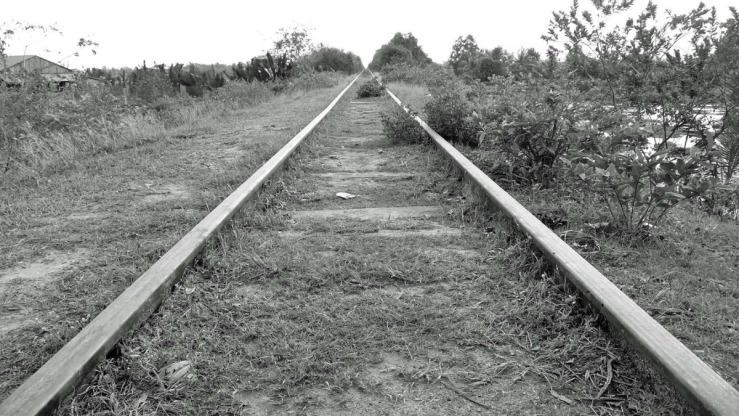Greetings,
The fat happy alien American tourist is on his cell. Across the street is a river. The town is dead because Bangkok is a no-go zone. The red light district is red. What is red for you?
Thailand has been declared a disaster zone by various countries. They've issued travel advisories.
"DO NOT travel to Thailand." If any travelers come in now it's from Nam, by boat or bus. Swimmers are more rare than very expensive electricity. The river of tourists has dried up.
Mr. Shallow is talking. He shares state secrets.
"I can tell you a lot about my life." He lacks hard travel experience.
He's already called all his friends to talk about dental care in Asia. This is his BIG issue.
"I don't want to be walking around Bangkok full of pain killers."
Bangkok is filled with pain killers.
He needs an extraction. The more you drill the more you bill. Down the road.
"I have high blood pressure."
"I'm waiting for the place down the road to open up. They have amazing pork ribs."
He is suffering personified.
Meanwhile, if you are in China you are not reading this. My site is blocked in China. I used a proxy in the heart of Texas. It was blocked when I lived there teaching English to lazy students. They wanted to pass, not learn.
China is wonderful. Especially the government. They recently announced new measures to control freedom of speech. They have notified all telecom and internet service providers to give them data on users.
It's about government control over private communication. They are tightening the screws, fools.
Their BIG FEAR is losing control. The broad propaganda words are State Secret.
In a related move, the Chinese government on Monday posted on a government Web site a broad definition of what constituted a commercial secret, covering information related to strategic plans, management, mergers, equity trades, stock market listings, reserves, production, procurement and sales strategy, financing and finances, negotiations, joint venture investments and technology transfers. more...
The majority of Chinese use their cell phones to access the internet. It's cheaper than a desktop. They use the internet to:
- listen to music
- play games
- chat
"This is perfect," said a Chinese gremlin in Beijing. "The immature masses are like sheep."
"More like perpetually spoiled children," said another gremlin. "This is what happens after 30 years of a one child only policy. This planned genocide will come back and haunt us."
He's one of 50,000 internet Police spending their day surfing, looking for words or phrases like June 4, Tibet, freedom, democracy, Uighar, slavery, reform, literature, human rights, gulag, corruption, nepotism, bribery, unrest, strife, demonstrations, education, scandal, liberty, equality...and so on.
Metta.









 Share Article
Share Article 








